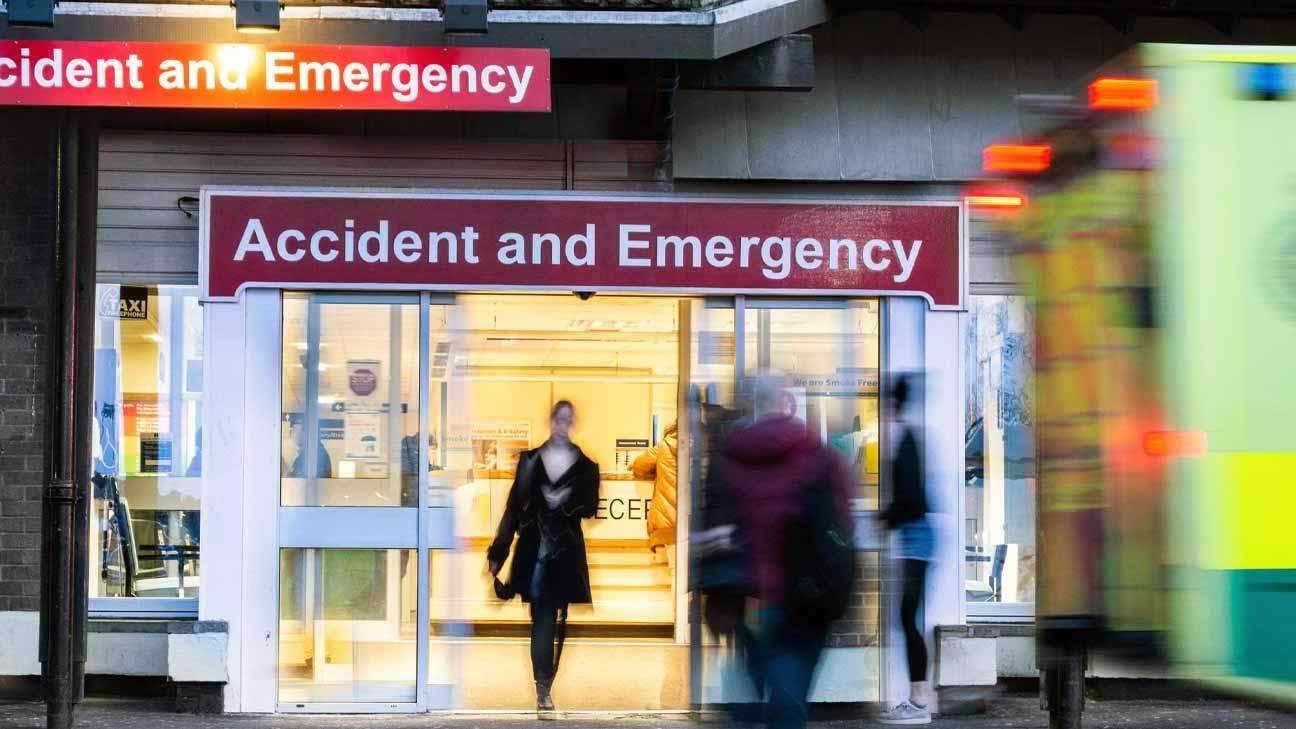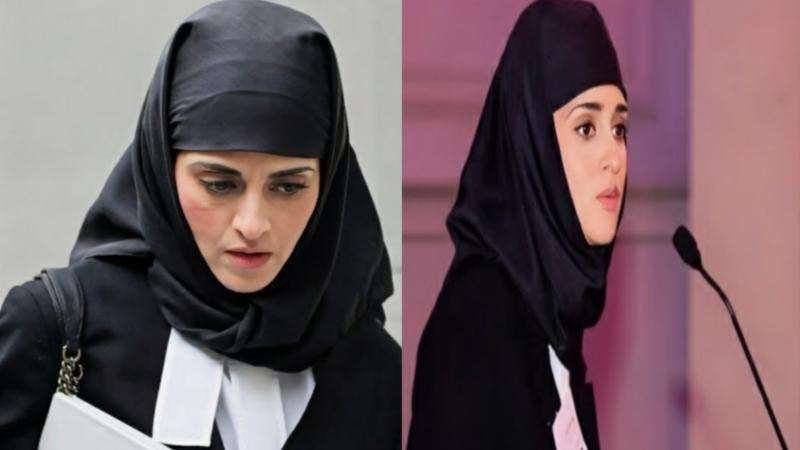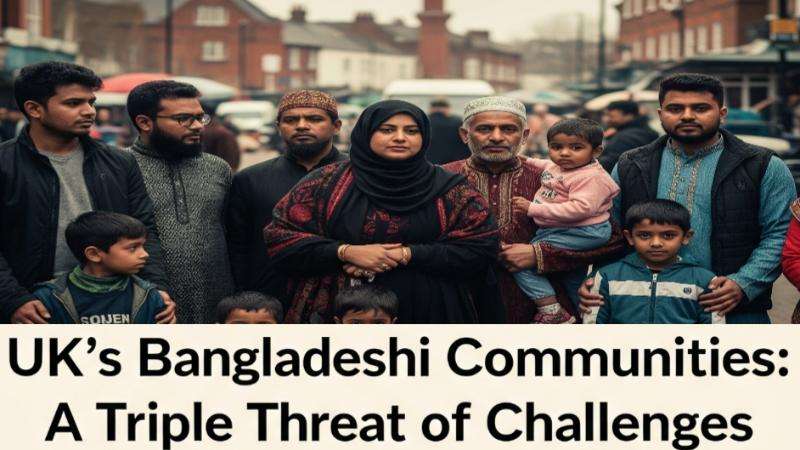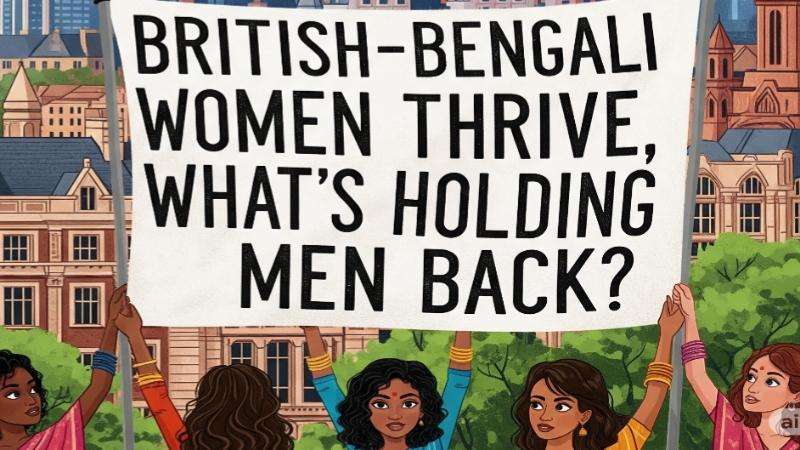The vibrant and growing Bangladeshi population in the United Kingdom, now exceeding 600,000 individuals, is navigating a complex landscape of opportunities and formidable challenges. From long-established communities to recent arrivals and those affected by post-Brexit regulations, distinct yet interconnected concerns shape their experiences in the UK, Daily Dazzling Dawn understands.
Enduring Struggles for Established British Bangladeshis
For generations, British Bangladeshis have significantly contributed to the UK's social and economic fabric. Yet, deep-rooted issues of socioeconomic deprivation persist. Government data indicates that British Bangladeshi households have the lowest percentage in the two highest income quintiles, at just 14%, compared to 42% of White British households (Income Distribution, GOV.UK, July 2025). This contributes to higher rates of income and child poverty within the community.
Housing remains a critical concern, with Bangladeshi households experiencing the highest levels of overcrowding in the UK. A staggering 41% of Bangladeshi households are overcrowded, starkly contrasting with 5% of White British households. This issue is compounded by larger family sizes and a decline in social housing availability.
Health disparities are also prominent. British Bangladeshi men, in particular, show higher rates of mental health issues, often linked to societal pressures. Despite this, the community generally underutilizes mental health services. For example, in 2019-2020, only 10,468 Bangladeshi individuals were referred to NHS Talking Therapies services, compared to over 1.1 million White British individuals (NHS Digital, 2020). Factors such as a lack of understanding, language barriers, cultural norms discouraging open discussion of emotions, and a lack of trust in healthcare professionals contribute to this gap.
Beyond economic and health challenges, discrimination and Islamophobia remain a pervasive reality. Reports from organizations like Tell MAMA highlight a disturbing surge in Islamophobic hate incidents, with a 335% increase in the year leading up to February 2024, disproportionately affecting Muslim women. Such prejudice impacts various aspects of life, including housing and employment opportunities. While educational attainment among British Bangladeshis has improved, graduates still face difficulties in the job market, being less likely to secure employment compared to their White British counterparts and often facing pay gaps. For instance, Pakistani and Bangladeshi men are about 10 percentage points less likely to be employed than White British men six months after graduation.
Precarious Futures for Newly Arrived Bangladeshi Immigrants
The UK's demand for care workers has drawn thousands of Bangladeshis on specific visas, but their journey is often fraught with uncertainty and exploitation. Recent reports indicate a crisis of exploitation within the care sector, with workers facing promises of stable employment and wages that frequently fall short. Some new arrivals report being paid as little as £5 an hour for demanding work, well below the minimum wage.
The government's crackdown on unscrupulous sponsors has led to severe consequences for many. Since July 2022, over 470 sponsors have lost their licences, impacting an estimated 39,000 migrant care workers (Work Rights Centre, June 2025). A government scheme designed to help these "displaced" workers find new jobs has seen limited success, with only 3.4% of those signposted reporting securing alternative employment as of April 2025. This leaves thousands in limbo, vulnerable to debt and homelessness.
Language barriers, a lack of appropriate training, and the high cost of living, particularly in major cities, exacerbate the struggles of new immigrants. The inherent power imbalance created by tying visas to specific employers also makes them highly susceptible to exploitation and can push individuals into irregular immigration situations if their initial arrangements collapse. The profound stress of these challenges also takes a significant toll on their mental health.
Navigating Post-Brexit Realities for European Passport Holders of Bangladeshi Origin
For Bangladeshis who previously held European Union (EU) passports and resided in the UK, Brexit has fundamentally altered their immigration landscape. The key concern for this group has been securing their status under the EU Settlement Scheme (EUSS). As of March 31, 2025, the EUSS had received 8.5 million applications, with approximately 5.8 million individuals granted status (the3million, July 2025). Of these, 4.15 million hold settled status and 1.62 million hold pre-settled status.
However, the journey through the EUSS has not been without its difficulties. As of March 2025, nearly 24,000 individuals had been waiting over two years for a decision on their application, with over 9,000 pre-deadline applications still pending after more than three years and nine months (the3million, July 2025).
For Bangladeshis with EU passports who did not reside in the UK before the end of the Brexit transition period (December 31, 2020), the landscape is significantly different. They no longer benefit from free movement rights and must now meet the same visa requirements as other non-EU citizens to live and work in the UK. This means navigating complex visa applications, such as the skilled worker visa or family visa, and potentially facing new hurdles regarding access to healthcare and public funds, including the immigration health surcharge. Professional qualification recognition, a relatively seamless process within the EU, has also become more complex for this group post-Brexit.
Addressing these diverse yet intertwined challenges will require a comprehensive and nuanced approach from policymakers and support organizations to ensure the well-being and successful integration of all Bangladeshi communities in the UK.








.svg)


_3.jpg)
_3.jpg)